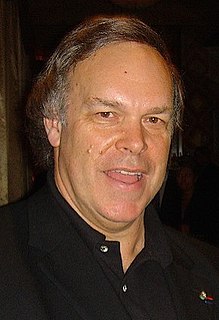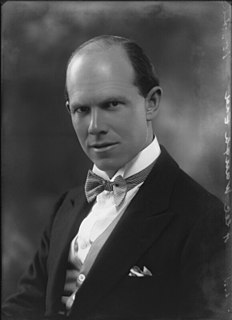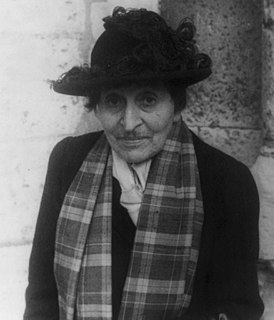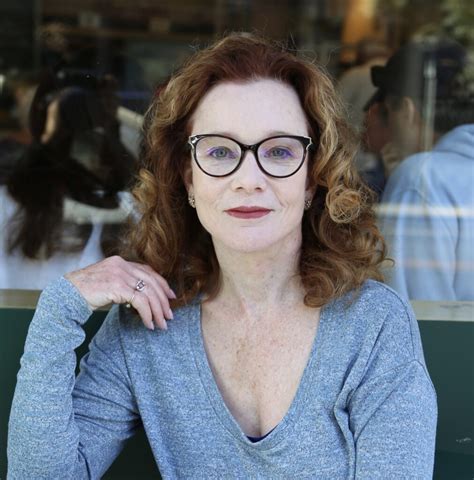A Quote by Tennessee Williams
Most of the confidence which I appear to feel, especially when influenced by noon wine, is only a pretense.
Quote Topics
Related Quotes
Perhaps there is no other knowing than the mere competence of the act. If at the heart of one's being, there is no self to which one ought to be true, then sincerity is simply nerve; it lies in the unabashed vigor of the pretense. But pretense is only pretense when it is assumed that the act is not true to the agent. Find the agent.
Wine writers have been around for almost as long as there has been wine, but in the past, generally speaking, most wine writing was uncritical and emphasized wine as a romantic, historic beverage. Criticism and comparative tastings were eschewed for fear of offending the trade, which most writers depended upon for survival.
We need not be intimidated by the wine snob because we know that, in the last analysis, he is only putting on a front. He may know more than we do, but how little he knows in comparison with what there is to know Wine, a hobby as fascinating and as human as one can find. One of the most fascinating aspects of the wine-hobby is the extent to which you learn all the time
Upon the first goblet he read this inscription, monkey wine; upon the second, lion wine; upon the third, sheep wine; upon the fourth, swine wine. These four inscriptions expressed the four descending degrees of drunkenness: the first, that which enlivens; the second, that which irritates; the third, that which stupefies; finally the last, that which brutalizes.
Even from the abyss of horror in which we try to feel our way today, half-blind, our hearts distraught and shattered, I look up again and again to the ancient constellations that shone on my childhood, comforting myself with the inherited confidence that, some day, this relapse will appear only an interval in the eternal rhythm of progress onward and upward.
One of the most insidious myths in American wine culture is that a wine is good if you like it. Liking a wine has nothing to do with whether it is good. Liking a wine has to do with liking that wine, period. Wine requires two assessments: one subjective, the other objective. In this it is like literature. You may not like reading Shakespeare but agree that Shakespeare was a great writer nonetheless.
You know, artists are influenced by other artists. We're all deeply influenced by what's around us; we don't make anything cold. Sometimes we think that we do. But within that, the most important part is that even though we're influenced, what are the levels of invention that we carry forth even as we've been influenced by something that's come before?
There's this American pretense, which is the pretense of the journalist with the view from nowhere - which has somehow morphed into the journalist who was born this morning. So, he doesn't know that Donald Trump lied yesterday, and the day before. So, he concludes that he doesn't know whether Trump lied accidentally or on purpose. You can only pretend not to know that if you don't know that he lied yesterday, and the day before. So, to my mind when NPR says they don't know if he's intentionally lying, they're lying. We have to be smarter about it.



































